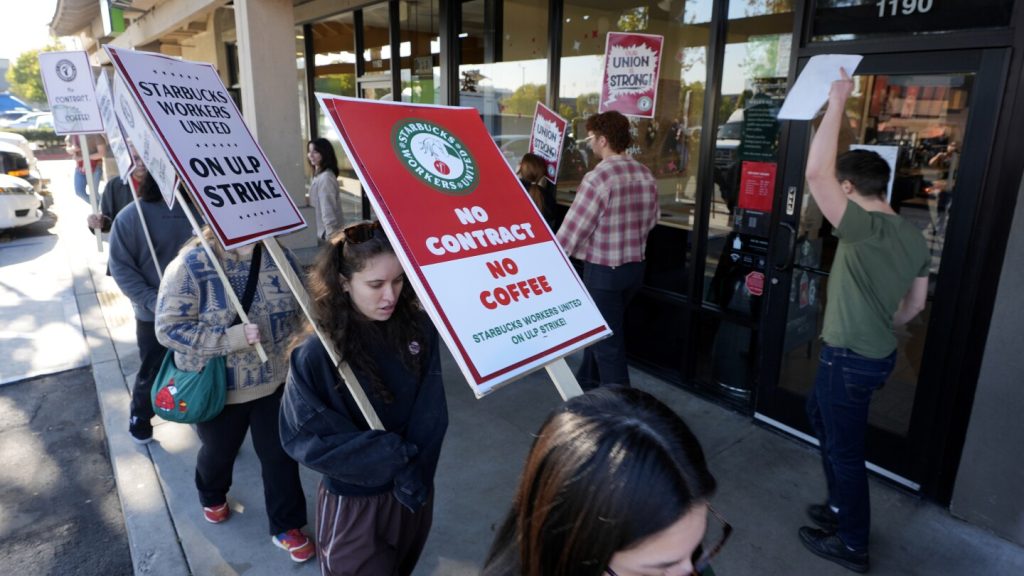The ongoing strike by Starbucks baristas, which began in Los Angeles, Chicago, and Seattle and has now spread to other cities such as Boston, Dallas, and Portland, has resulted in the closure of 59 stores. The workers, represented by the union Starbucks Workers United, are protesting the lack of progress in contract negotiations with the company. The union has accused Starbucks of failing to honor a commitment made in February to reach a labor agreement this year and resolve outstanding legal issues, including unfair labor practice charges filed with the National Labor Relations Board. Since 2021, baristas at 535 company-owned U.S. Starbucks stores have voted to join the union.
Despite the strike occurring during a busy time of year for Starbucks, the company has stated that it has had “no significant impact” on its store operations. Starbucks, which has around 10,000 company-operated stores in the U.S., has expressed its respect for the partners’ right to engage in lawful strike activity and gratitude for those partners who continue to deliver the Starbucks experience to customers amid the strike. The two sides have been engaged in bargaining since the spring, but have reached an impasse over economic issues. Starbucks has committed to an annual pay increase of 1.5% or more for unionized workers, with union workers guaranteed a 1.5% increase even if non-union workers receive a lower increase in any given year. The company stated that its U.S. baristas make an average of $18 per hour, with benefits that bring the total pay package to an average of $30 per hour for baristas working at least 20 hours per week.
Workers participating in the strike argue that they deserve more compensation, especially in comparison to Starbucks’ new Chairman and CEO Brian Niccol, who is expected to make over $100 million in his first year on the job. The strike highlights the growing labor movement within the Starbucks workforce, with increasing numbers of baristas across the country joining the unionization effort. The strike has garnered attention for its impact on Starbucks’ operations and the company’s response to the workers’ demands. As negotiations between the unionized workers and Starbucks continue, the outcome of the strike and its implications for the company’s labor practices and employee relations remain uncertain.


